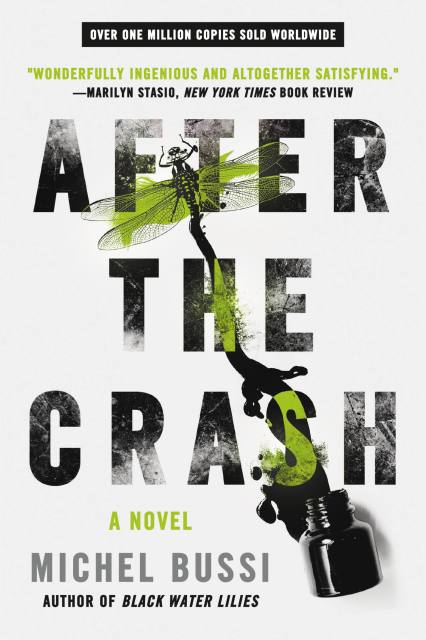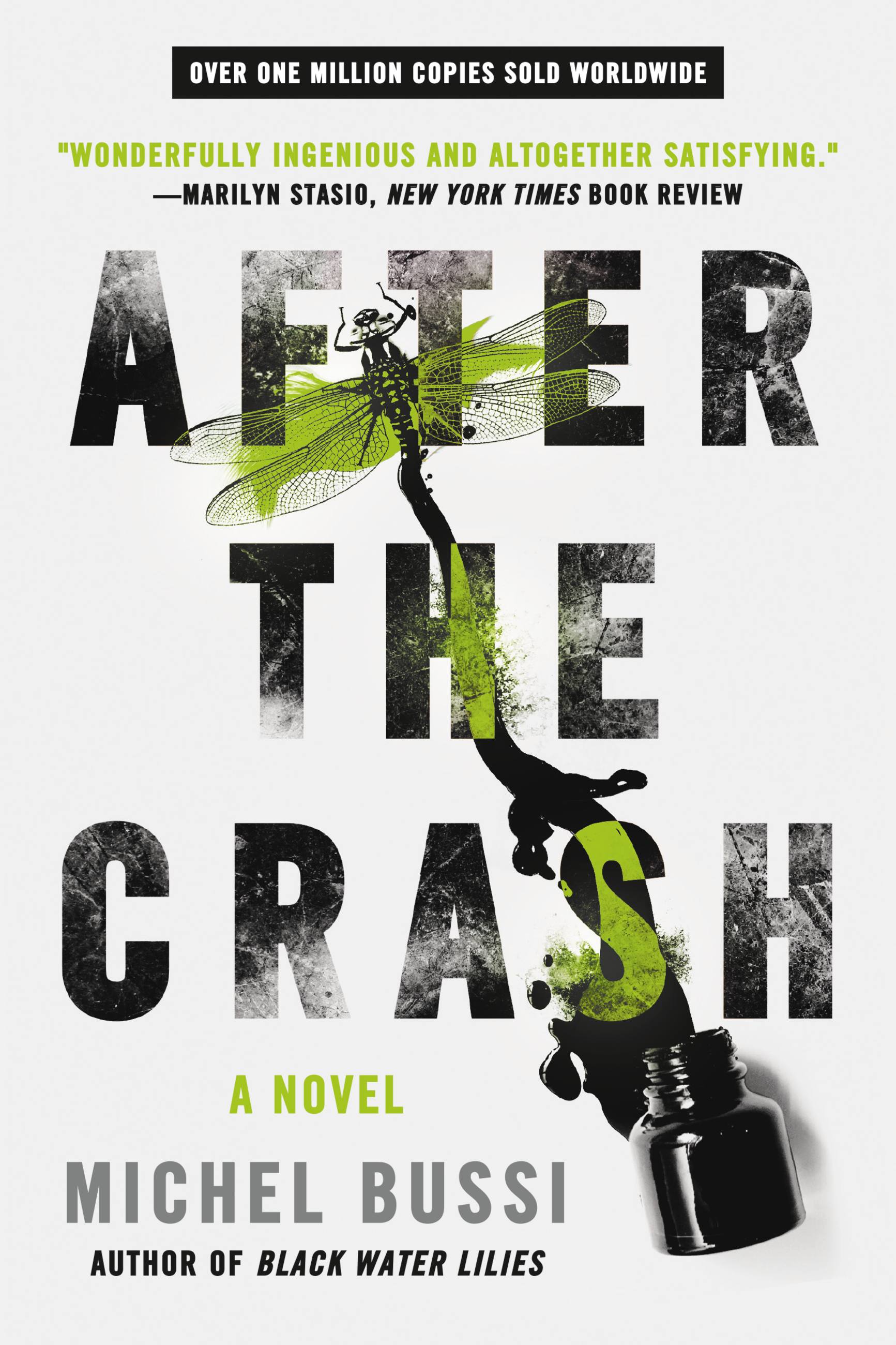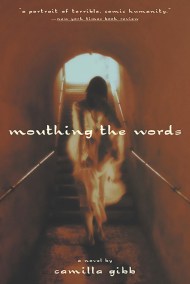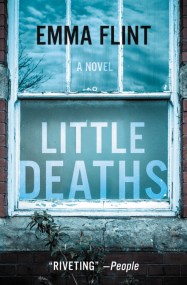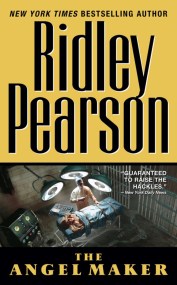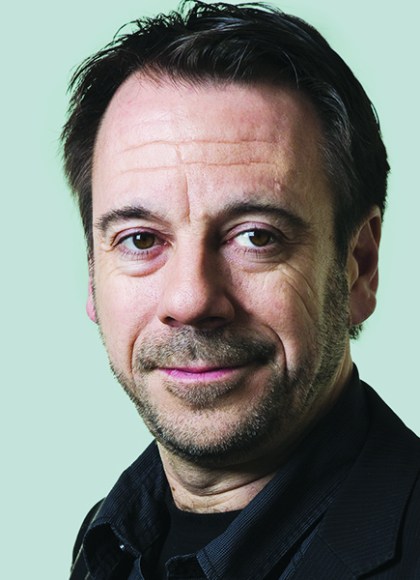Promotion
Use code MOM24 for 20% off site wide + free shipping over $45
After the Crash
A Novel
Contributors
By Michel Bussi
Formats and Prices
Price
$11.99Format
Format:
- ebook $11.99
- Audiobook Download (Unabridged)
- Trade Paperback $24.99
This item is a preorder. Your payment method will be charged immediately, and the product is expected to ship on or around January 5, 2016. This date is subject to change due to shipping delays beyond our control.
Also available from:
“Wonderfully ingenious and altogether satisfying.”—Marilyn Stasio, New York Times Book Review
Just after midnight on December 23, 1980, a night flight bound for Paris plummets toward the Swiss Alps, crashing into a snowy mountainside. Within seconds flames engulf the plane, which is filled with holiday travelers. Of the 169 passengers, all but one perish.
The sole survivor is a three-month-old girl–thrown from the airliner before fire consumes the cabin. But two infants were on board. Is “the Miracle Child of Mont Terri” Lyse-Rose or Emilie? The families of both girls step forward to claim the child. Dogged by bad luck, the Vitrals live a simple life, selling snacks from a van on the beaches of northern France. In contrast, the de Carvilles, who amassed a fortune in the oil business, are powerful-and dangerous.
Eighteen years later, a private detective tasked with solving the mystery of the girl known as “Lylie” is on the verge of giving up. As he contemplates taking his own life, Crédule Grand-Duc suddenly discovers a secret hidden in plain view. Will he live to tell it?
Meanwhile, Lylie, now a beautiful university student, entrusts a secret notebook into the hands of Marc, the brooding young man who loves her, and then vanishes. After Marc reads the notebook’s contents, he embarks on a frantic search for Lylie.
But he is not the only one looking for her.
Just after midnight on December 23, 1980, a night flight bound for Paris plummets toward the Swiss Alps, crashing into a snowy mountainside. Within seconds flames engulf the plane, which is filled with holiday travelers. Of the 169 passengers, all but one perish.
The sole survivor is a three-month-old girl–thrown from the airliner before fire consumes the cabin. But two infants were on board. Is “the Miracle Child of Mont Terri” Lyse-Rose or Emilie? The families of both girls step forward to claim the child. Dogged by bad luck, the Vitrals live a simple life, selling snacks from a van on the beaches of northern France. In contrast, the de Carvilles, who amassed a fortune in the oil business, are powerful-and dangerous.
Eighteen years later, a private detective tasked with solving the mystery of the girl known as “Lylie” is on the verge of giving up. As he contemplates taking his own life, Crédule Grand-Duc suddenly discovers a secret hidden in plain view. Will he live to tell it?
Meanwhile, Lylie, now a beautiful university student, entrusts a secret notebook into the hands of Marc, the brooding young man who loves her, and then vanishes. After Marc reads the notebook’s contents, he embarks on a frantic search for Lylie.
But he is not the only one looking for her.
Genre:
-
"Riveting! Bussi spins psychological suspense at its finest with this consuming tale of one child, two families, and the dark secrets that define us all. Clear your schedule; this book is worth it!"Lisa Gardner, #1 New York Times-bestselling author of Crash & Burn and Find Her
-
"After the Crash is a jolt to the senses and a jolt to the heart--both rollicking and labyrinthine, both wildly propulsive and yet rich with grand drama, and with a cast of characters--particularly its sumptuously powerful women--you won't forget."Megan Abbott, author of The Fever and the forthcoming You Will Know Me
-
"Wonderfully ingenious and altogether satisfying."Marilyn Stasio, New York Times Book Review
-
"This fascinating tale of intrigue and murder delves into complicated family bonds as it builds to a surprising and shocking conclusion."Publishers Weekly
-
"Fast-paced and action-packed, this thriller is adrenaline pumping. Bussi offers a smart, complex mystery with plenty of plausible twists and surprises ... An engrossing story that's almost impossible to put down."Shelf Awareness
-
"A novel so extraordinary that it reminded me of reading Stieg Larsson for the very first time...I doubt I'll read a more brilliant crime novel this year."Sunday Times (UK)
-
"You find yourself quite frantic to know the truth, before this cleverly constructed, smart mystery concludes by delivering a delicious sting in the tail."Sunday Express (UK)
-
"A richly satisfying story...a hugely enjoyable ride."Irish Independent
- On Sale
- Jan 5, 2016
- Page Count
- 400 pages
- Publisher
- Hachette Books
- ISBN-13
- 9780316309653
Newsletter Signup
By clicking ‘Sign Up,’ I acknowledge that I have read and agree to Hachette Book Group’s Privacy Policy and Terms of Use
